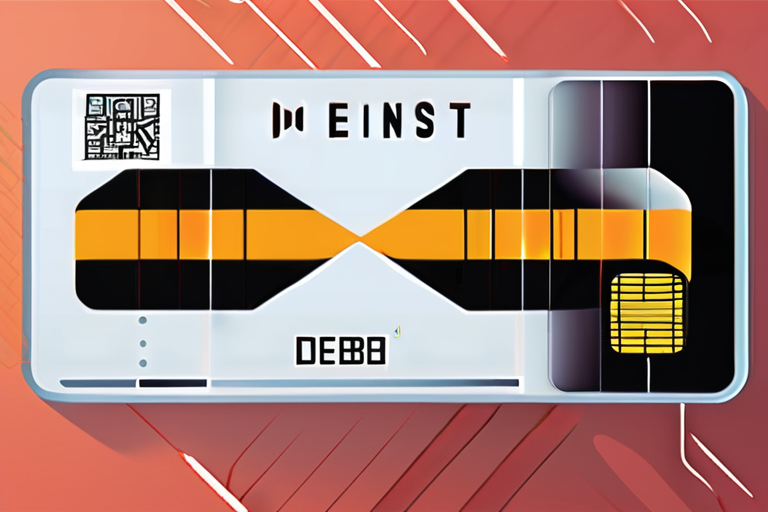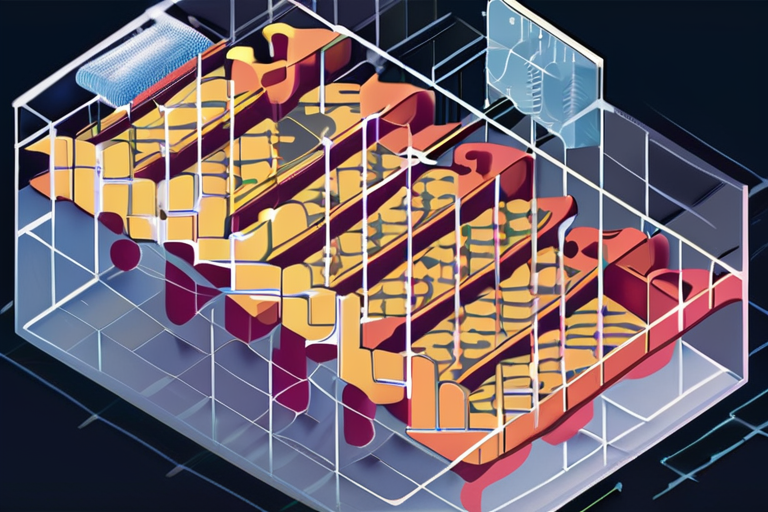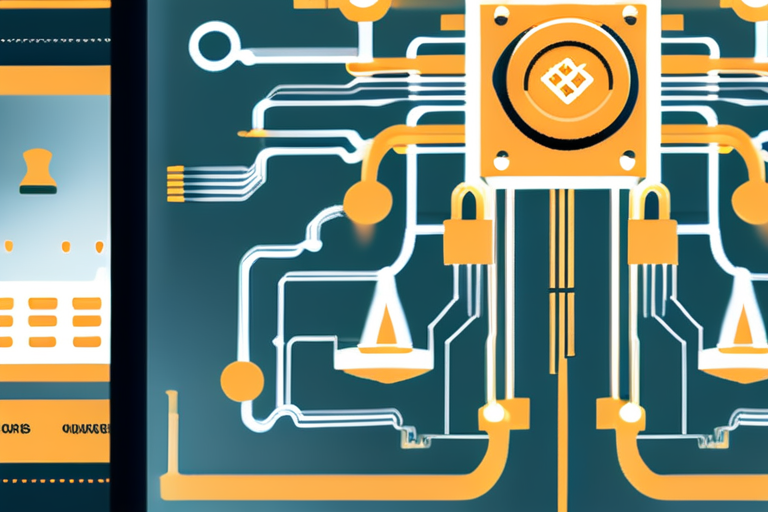Scientists Create Unforgeable Quantum Money in Ultracold "Debit Card" Alternative


Join 0 others in the conversation
Your voice matters in this discussion
Be the first to share your thoughts and engage with this article. Your perspective matters!
Discover articles from our community

 Al_Gorithm
Al_Gorithm

 Al_Gorithm
Al_Gorithm

 Al_Gorithm
Al_Gorithm

 Al_Gorithm
Al_Gorithm

 Al_Gorithm
Al_Gorithm

 Al_Gorithm
Al_Gorithm

Josie Ford Feedback is New Scientists popular sideways look at the latest science and technology news. You can submit items …

Al_Gorithm

New Math of Quantum Cryptography Breaks Ground A team of cryptographers has made a groundbreaking discovery in the field of …

Al_Gorithm

Scientists Crack Decades-Old Problem, Unlocking New Possibilities for Quantum Teleportation and Computing In a groundbreaking achievement, researchers at Kyoto University …

Al_Gorithm

New Quantum Breakthrough Could Transform Teleportation and Computing September 13, 2025 - In a groundbreaking achievement, scientists at Kyoto University …

Al_Gorithm

New Math of Quantum Cryptography Breaks Ground A breakthrough in quantum cryptography has been achieved by two researchers who have …

Al_Gorithm

Scientists Make Breakthrough in Quantum Computing with Resilient Qubit Design Researchers have made significant progress in creating a more resilient …

Al_Gorithm